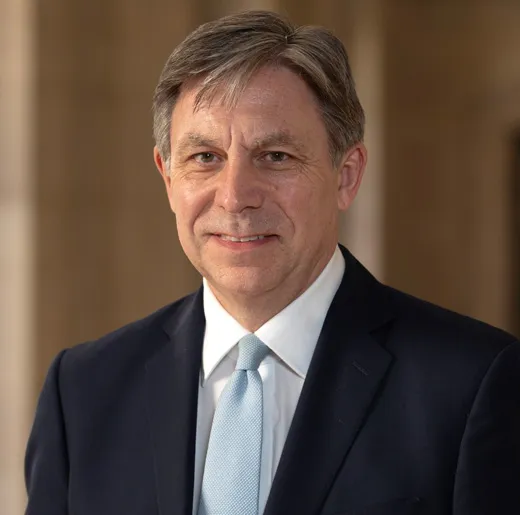
Bank of England rate-setter Alan Talyor played down stronger-than-expected inflation last month and reiterated his call for lower interest rates as global trade pressures weigh on the UK economy.
“I’m seeing more risk piling up on the downside scenario because of global developments,” said the external Monetary Policy Committee member in an interview with the Financial Times.
He added that the impact of US President Trump’s tariffs on imports would “be building up over the rest of this year in terms of trade diversion and drag on growth”.
Asked whether he would back a rate cut at the next Bank meeting in June, Taylor — who voted for a half-point reduction this month — said: “I’m not going to pre-emptively announce my vote, but I think I indicated in my dissent that I thought we needed to be on a lower [monetary] policy path.”
Earlier this week, a New York court ruled that Trump’s blanket trade taxes imposed on many countries around the world were illegal, but a day later an appeals court said they could continue to be collected ahead of the case being argued, with the next hearing set for 5 June.
Earlier this month, the nine-member MPC voted to cut the base rate by 0.25% to 4.25% its lowest level since 2023, in a 5-2-2 split, which highlights policymaker’s divide over the path of the UK economy as trade patterns shift.
Taylor and Swati Dhingra pressed for a larger 0.5% reduction, while Catherine Mann and Huw Pill voted to keep rates unchanged.
Since the MPC meeting on May 7, official figures have shown a stronger-than-expected 0.7% rise in UK first-quarter growth.
But inflation rose more than expected to a 15-month high of 3.5% in April, prompting traders to pare bets on further rate cuts from as many as three this year, to perhaps one further reduction in 2025.
However, Taylor told the FT: “[Higher inflation] is not coming from demand and supply pressures; for the most part, it’s coming out of one-time tax and administered price changes.”
The cost of living rose in April as energy bills rose as well as a range of regulated charges such as vehicle excise duty, council tax, the National Living Wage and employer National Insurance Contributions.
But Taylor described April’s prices data as “an inflation hump”.
The Columbia University professor added that although the UK had struck a trio of trade pacts in recent weeks with India, the US and the EU new patterns of global trade are still to be settled.
“A trade war is going to be negative for growth,” Taylor said.
Trade policy “is going to be a drag on growth for both the frictional reason and the uncertainty reason,” he added.
However, the divisions among rate-setters were highlighted earlier this month when the Bank’s chief economist Huw Pill said that the MPC’s four quarter-point rate cuts since August had been “too rapid”.
Pill said: “My starting point is that the pace of Bank Rate reduction should be ‘cautious’, running slower than the 25 basis points per quarter we have implemented since last August.”
The UK economy’s “disinflationary momentum has shown signs of stuttering,” the chief economist added.



